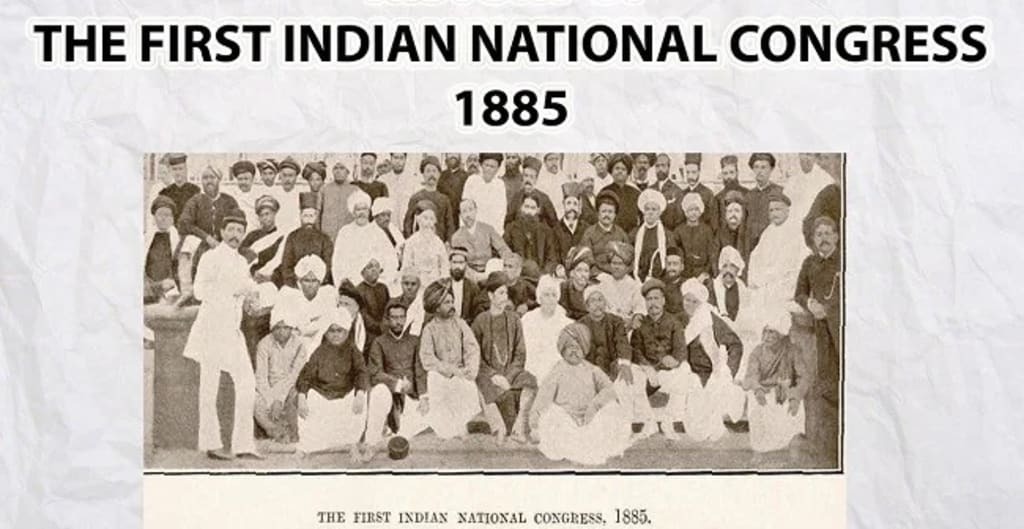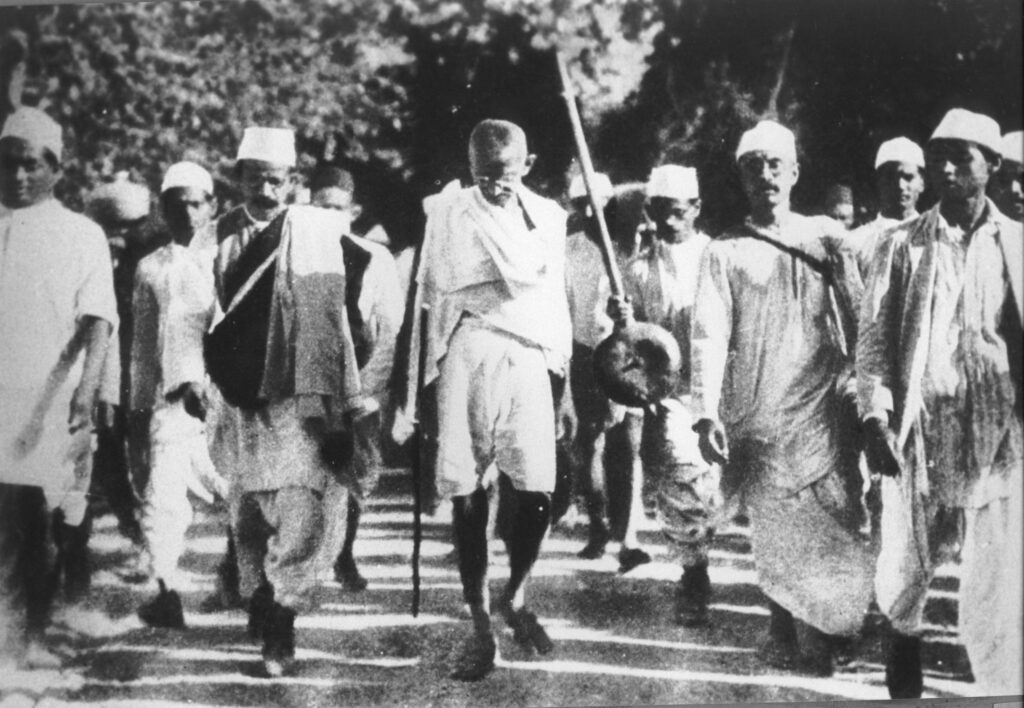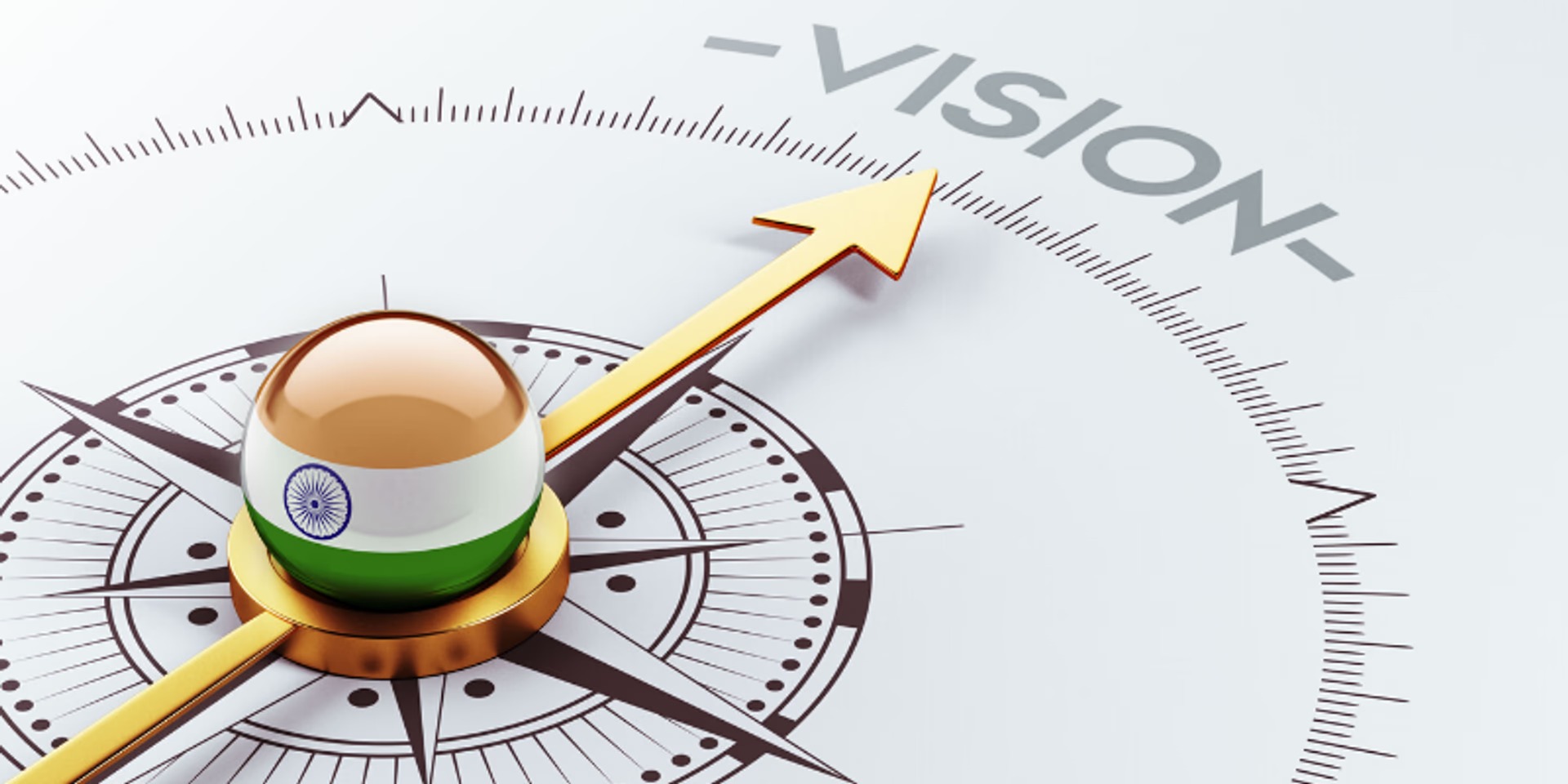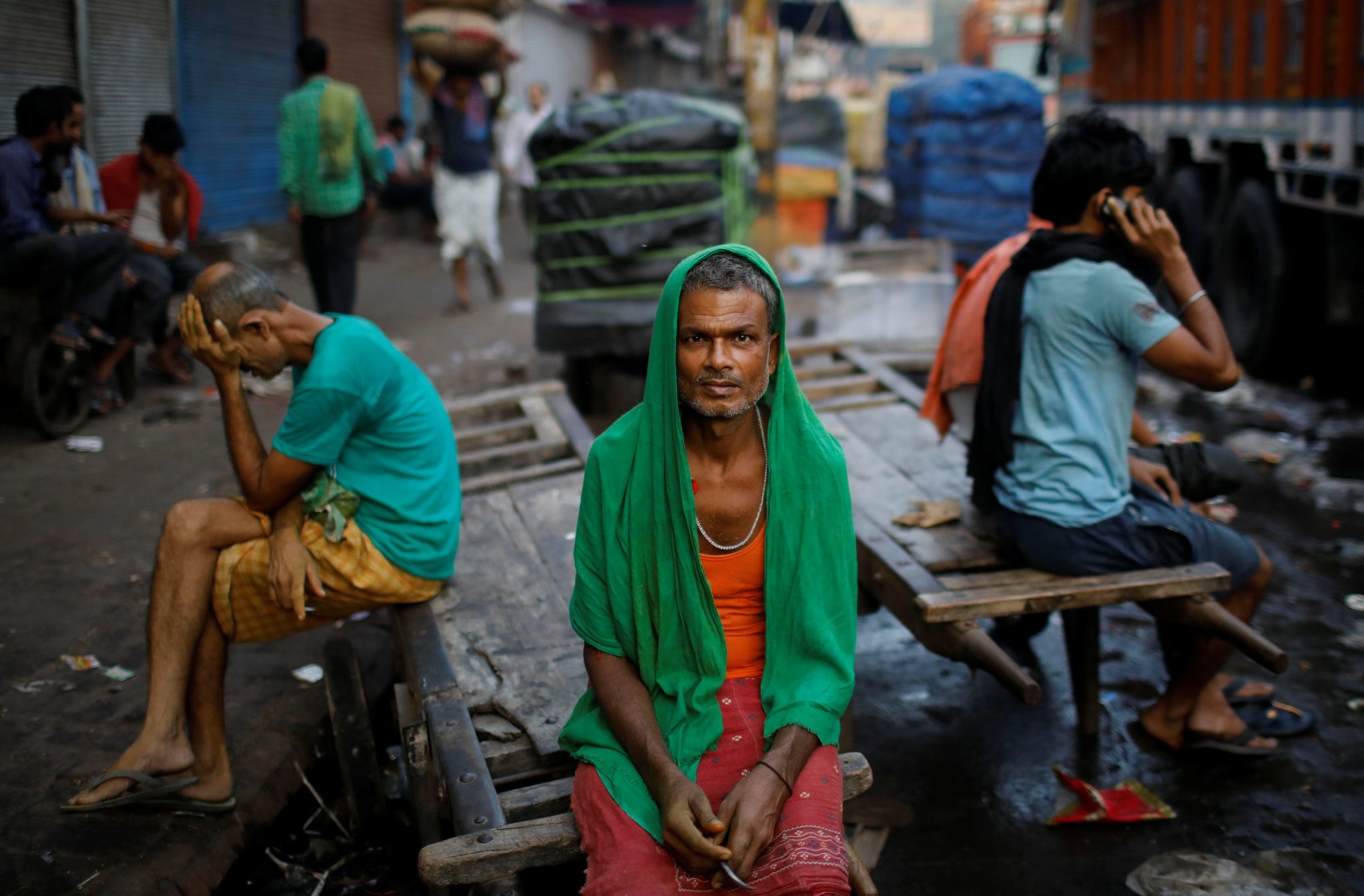Introduction
The founding of the Indian National Congress (INC) in late 1885 created the first countrywide political platform for Indians to voice demands, shape public opinion, and pursue constitutional reform under colonial rule, becoming the nucleus of India’s nationalist movement in the decades that followed.

Date, Place, and Organizers
- Date: 28 December 1885 (first session ran 28–31 December).
- Venue: Hall of Gokuldas Tejpal Sanskrit College, Bombay (now Mumbai).
- Delegates: 72 representatives from across presidencies and provinces.
- Convenor: Allan Octavian Hume (retired ICS), who became General Secretary.
- President (First Session): Womesh Chunder (W.C.) Bonnerjee of Calcutta.
Why Bombay, Not Poona
The inaugural meeting had been planned for Poona, but a health emergency led to a late venue change to Bombay; the session was thereafter convened at Gokuldas Tejpal Sanskrit College in December 1885.
Founding Figures and Early Leadership
- Central organizer: A.O. Hume (British reformer and former civil servant) catalyzed and coordinated the meeting and early structure.
- First session president: W.C. Bonnerjee, a leading barrister from Calcutta, chaired proceedings and framed initial aims.
- Other early national figures present or associated: Dadabhai Naoroji, Pherozeshah Mehta, Badruddin Tyabji, Surendranath Banerjee, S. Subramania Iyer, P. Ananda Charlu, Romesh Chunder Dutt, among others.
- British sympathizers in the founding cohort beyond Hume included William Wedderburn and John Jardine (Scottish civil servants).
Scale and Social Profile
Seventy‑two delegates attended the 1885 session, with a significant share drawn from the educated professional middle classes—especially lawyers—reflecting the early Congress’s constitutionalist and petitionary approach to politics.
Immediate Aims and Method
The first session adopted a moderate, constitutional program: building inter‑provincial political unity, articulating educated Indian opinion on public questions, and petitioning for legislative and administrative reform within the empire—approaches summarized by Bonnerjee and sustained in annual sessions across rotating venues.
Context: From “Indian National Union” to Congress
Ahead of the 1885 session, Hume sought viceregal assent to form an “Indian National Union,” published appeals to British voters during the 1885 UK general election, and then worked with Indian leaders to convene a representative all‑India meeting; the 28 December 1885 gathering at Bombay formalized this as the Indian National Congress.
Key Facts of the First Session (Bombay, 1885)
- Date and city: December 1885, Bombay.
- Venue: Gokuldas Tejpal Sanskrit College hall.
- Attendance: 72 delegates.
- President: W.C. Bonnerjee.
- Secretary/Organizer: A.O. Hume.
- Character: Constitutional, moderate, pan‑Indian forum of educated elites to present memorials and resolutions to government.
Early Evolution and Significance
- Institutionalization: Congress established an annual session model rotating across major Indian cities (e.g., Calcutta 1886, Madras 1887), broadening representation and agenda.
- Programmatic growth: Over the next two decades, Congress moved from elite petitioning toward mass politics, later embracing broader demands—Swaraj entered the official lexicon in 1906—and eventually leadership under figures such as Gandhi and Nehru steered nationwide movements.
- Historical importance: The 1885 founding provided a durable national platform that evolved from moderate constitutionalism to a mass‑based independence movement, anchoring political mobilization across regions and communities.
Notable Associated Details
- First session presidency and attendance are consistently recorded: W.C. Bonnerjee presided; 72 delegates participated.
- The venue—Gokuldas Tejpal Sanskrit College in Bombay—has become a landmark in Indian political history for hosting the Congress’s birth.
- Founding roles often cite a trio in popular preparatory literature—A.O. Hume, Dadabhai Naoroji, and Dinshaw Wacha—while formal records highlight Hume’s organization, Bonnerjee’s presidency, and a cross‑provincial delegate base.
At a Glance
- Founded: 28 December 1885.
- City/Venue: Bombay, Gokuldas Tejpal Sanskrit College.
- Delegates: 72.
- First President: W.C. Bonnerjee.
- Organizer/General Secretary: A.O. Hume.
- Purpose: Pan‑Indian constitutional platform to articulate reforms and national unity.

Why It Matters
The 1885 Bombay session inaugurated a national forum that, over time, became the principal vehicle of India’s freedom struggle, transforming from a meeting of educated constitutionalists into a mass movement that redefined political participation and national identity in colonial India.




